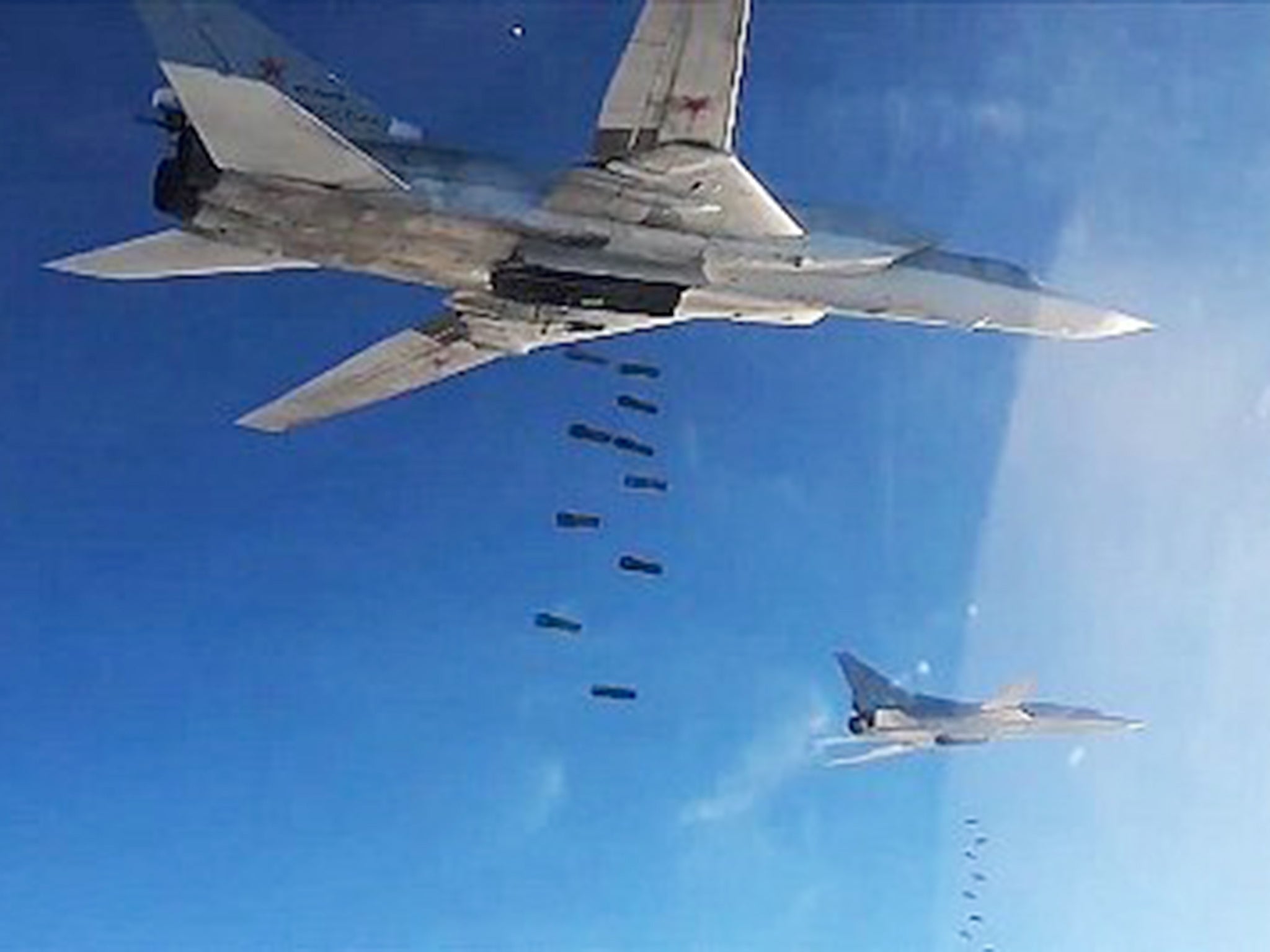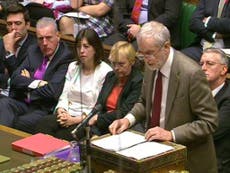British air strikes in Syria: Establishing a ceasefire between regime and opposition forces would hit Isis harder
The militants will not be defeated by air strikes, and Britain should not fool itself that it is possible to do so

Should Britain go to war in Syria, it will not do so heedlessly. The Prime Minister laid out a detailed case for intervention to a Commons that – aside from a needless tangent on what the appropriate name is for Isis – responded with grace and rigour. A vote may now follow, and the question is whether David Cameron can convince enough Labour MPs that extending air strikes into Syria is strategically wise.
The Prime Minister was at pains to emphasise that the UK had learned the lessons of the Iraq invasion. To launch air strikes over Syria, as a laggardly partner in a coalition, and with the broad support of the United Nations, is indeed an undertaking of a quite different order. The enemy unmistakably contributes to global disorder, and cannot conscionably be left to cement its brand of far-reaching and indiscriminate savagery. The case for Britain sending RAF fighters into the skies above Raqqa has merit – so long as the drawbacks are acknowledged, and the relative military insignificance of such a move is understood.
The former sceptic Crispin Blunt, the Conservative chair of the Foreign Affairs Select Committee, said his mind had been changed by the attacks on Paris, and the subsequent potential to form a unified front against Isis. It is in the latter field that Britain’s move on to a war footing will have most impact, and Mr Blunt is right to say that playing a “full” role in the coalition will better help Britain “shape” the politics. (Indeed, for the air strikes to have any military impact whatsoever, additional “spotters” should be deployed to flag up targets on the ground. The scarcity of such information has long hamstrung the US and French air forces.)
First among the qualms felt by the public will be the risk of “blowback” against Britain in the form of terrorist attacks in this country. However, that seven Isis or Isis-inspired operations have been foiled by the intelligence services in the past year bespeaks the fact that the UK is already firmly in the crosshairs of jihadists. That threat will only diminish if the group is effectively countered. Here, the weakness of the air-strike strategy alone comes to the fore. It is an accepted fact that without boots on the ground Isis will remain embedded in the urban communities that it currently controls. If Hillary Clinton becomes president, the US may send more troops into Syria, but she is unlikely to authorise an invasion of the required scale. At the moment the West relies on Kurdish forces and a band of moderate Syrian rebels. Improving relations with those moderate rebels is critical to ending the civil war, allowing both the Syrian government and opposition to turn their fire on Isis.
It surprised many MPs to hear that the Government considers there to be “about 70,000” moderate fighters. That figure, however, has been supported by Charles Lister, an expert on the Syrian opposition movements, who has spent two years working with rebel groups and believes many – exhausted and under pressure from the people they represent – to be more willing to play a constructive role in the peace process than is often assumed. The briefing from No 10 focused on air strikes, and mentioned “intensifying” diplomatic engagement to bring moderate fighters to the table. A sensible strategy would reverse the emphasis.
With Britain’s help, America and Turkey should push for the rebels to lay down arms against the regime, on the condition that Russia and Iran ask the same of the Syrian government, establishing a ceasefire. Isis would be left as the common enemy. In such a scenario Russia (and Bashar al-Assad) could only attack the moderate opposition at the risk of reigniting a conflict from which only the terrorist group benefits. The rebels, for their part, might accept Mr Assad retaining some form of power if such power does not reach into their “partitioned” pockets of Syria. It is, of course, a big ask.
But Isis will not be defeated by air strikes, and Britain should not fool itself that it is possible to do so. The deployment of the RAF is useful – but only in so far as it lays the ground for more muscular diplomacy.


Join our commenting forum
Join thought-provoking conversations, follow other Independent readers and see their replies